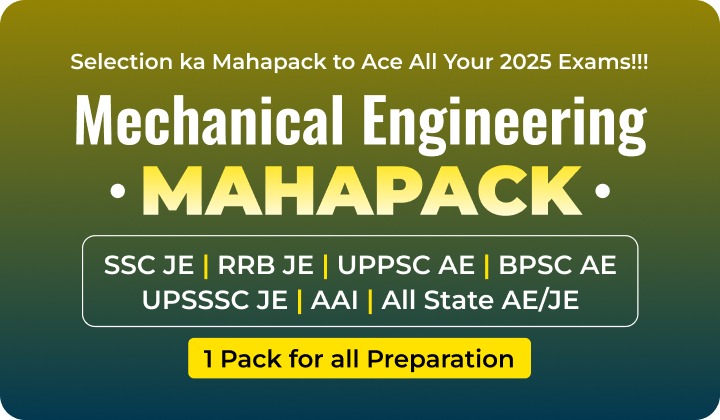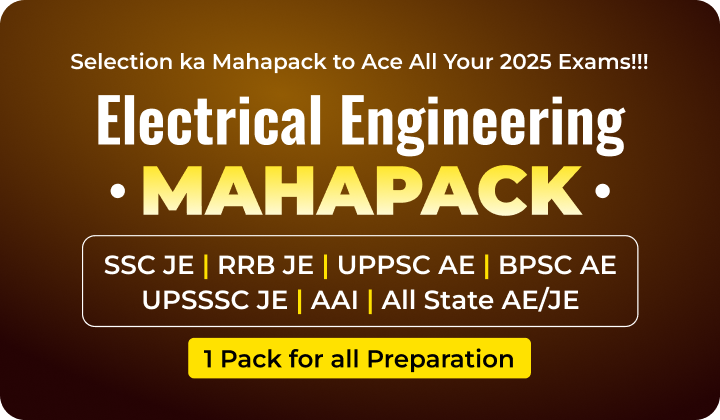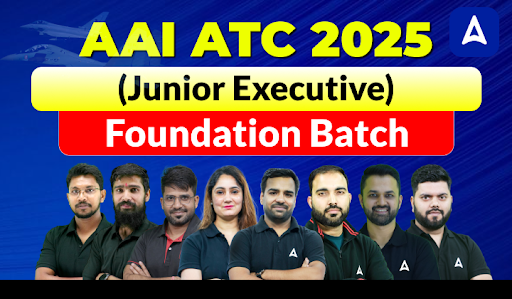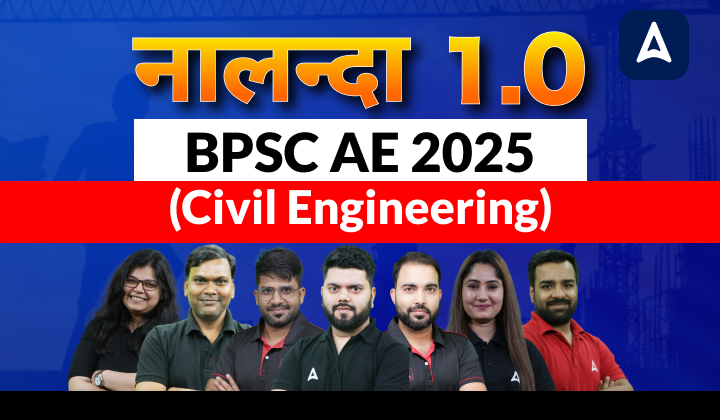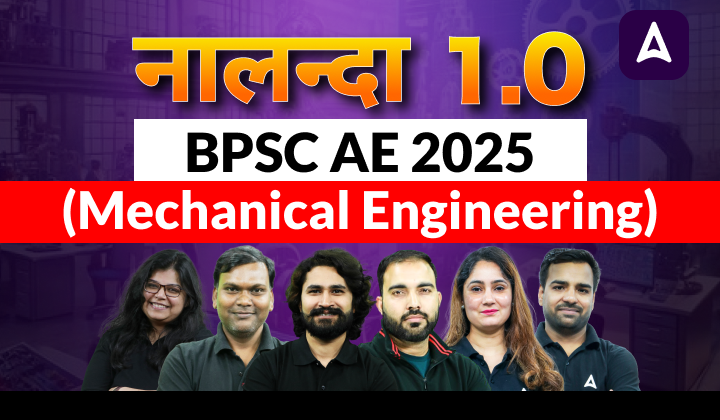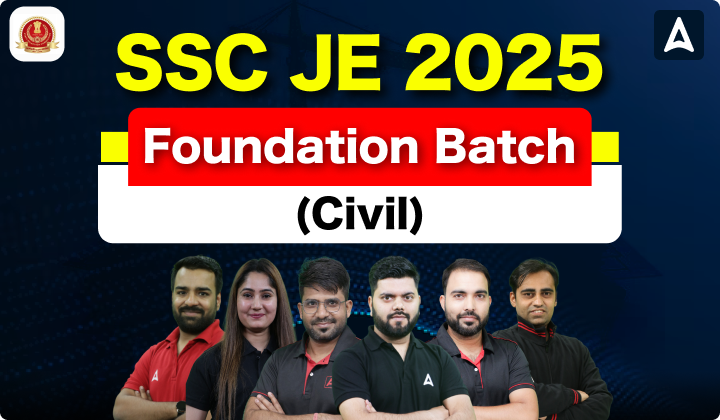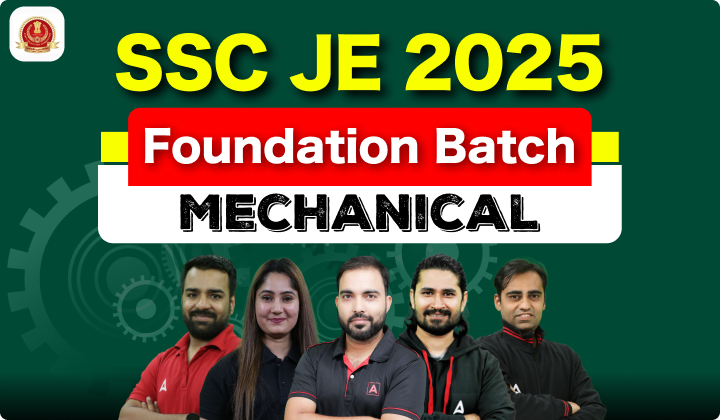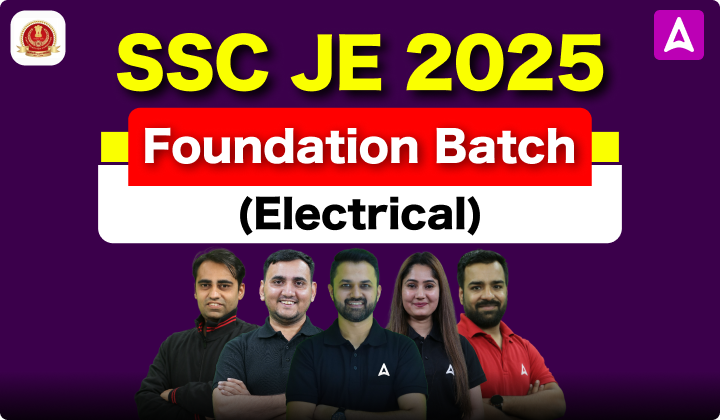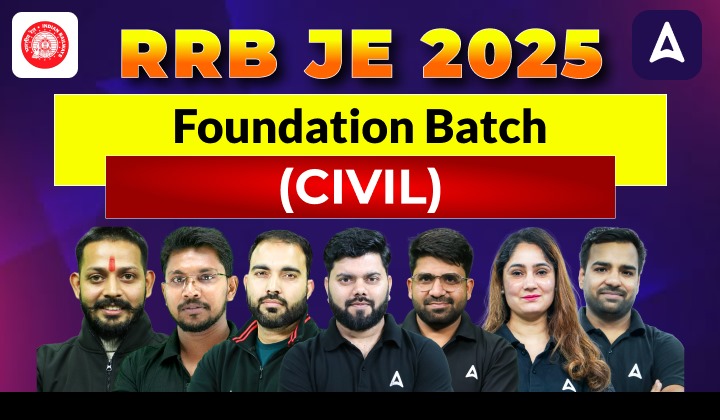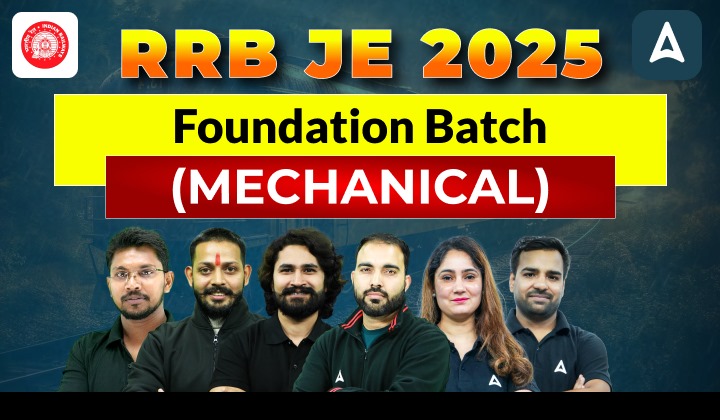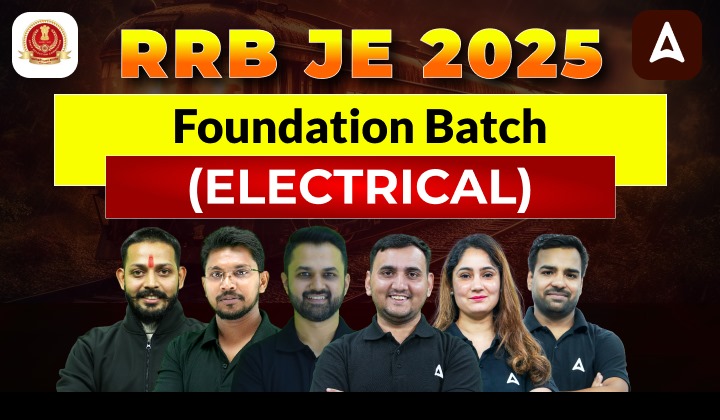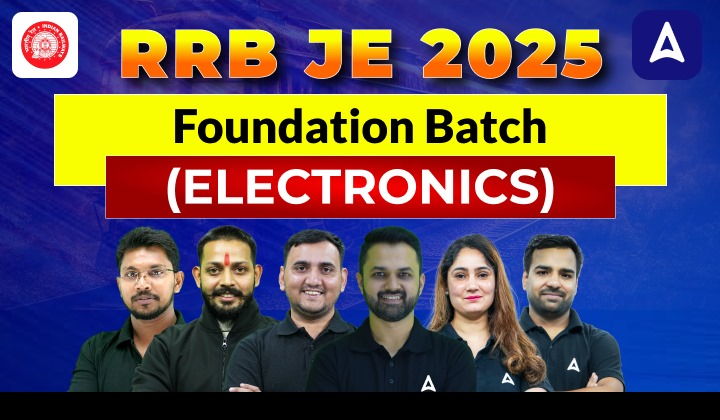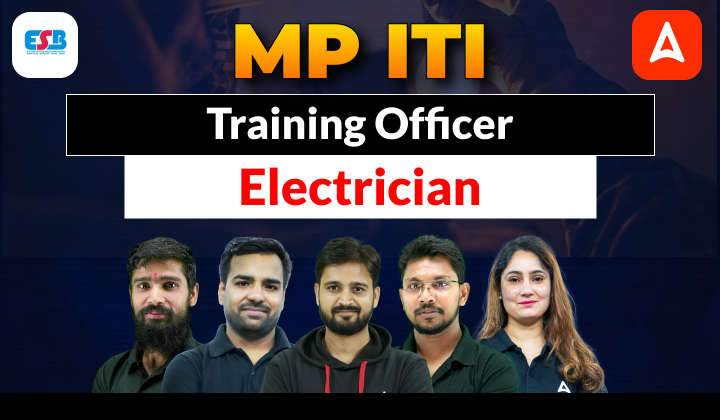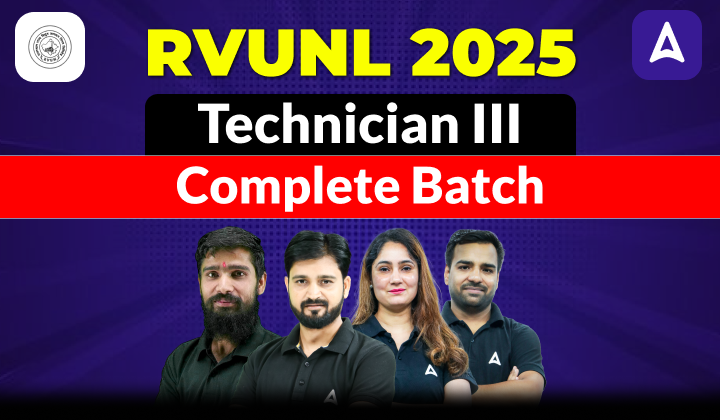Table of Contents
Which is the better option – PSU or SSC JE?
A common question among many engineering graduates is, which is the better option to join between a PSU and a department offered after cracking the SSC Junior Engineer exam? To get selected for any PSU(Public sector undertaking ), one needs to get a good rank in the GATE exam and give interviews for the recruiting PSU. Some PSUs also take their own written examination followed by an interview to hire aspiring engineers. On the other hand, SSC JE is the examination conducted by the Staff Selection Commission to recruit engineers in various departments like Public Works departments(PWD), Border Road Organization (BRO), the Ministry of Defense, and other government departments. This article discusses the various factors a candidate can consider before choosing between these two exams.
SSC JEE VS PSU – A SHORT COMPARISON
For engineering graduates seeking a respected job out of their engineering degree, the path is very challenging and competitive. However, it’s not impossible. Every year a mammoth of engineering graduates aspire to crack GATE which is a gateway to enter either into an M.tech/PHD course at some prominent Indian Institutes of Technology (IIT), National Institutes of Technology (NIT), Indian Institutes of Sciences (IISC) and other respected and notable institutions of the country or join PSU like Indian oil corporation limited (IOCL), National thermal power corporation (NTPC), Steel Authority of India ( SAIL) and other important PSU of the nation. Likewise, the rush to crack the SSC JE exam which opens the doorway to various government departments as mentioned above is also very intense.
- GATE is a 100 marks exam and the cut-off marks for various respected PSU’s are generally high. It is different for different branches for different PSUs. A candidate needs to go through the previous year’s cut-off scores for the personal interview (PI) and Group discussion (GD) calls of different PSUs. Some PSUs also conduct their
own exams like Hindustan Aeronautics Limited (HAL), Indian Space Research Organization (ISRO), and others.
- SSC JE is a direct entrance towards various government engineering jobs which is conducted by Staff Selection Commission. It consists of two papers, paper I consisting of 200 marks, and paper II consisting of 300 marks.
- Both the exams focus on assessing the technical expertise of the candidates along with their general aptitude skills which comprise a short percentage of the total marks allotted in the exam. To crack the interview round of PSU after giving GATE, the candidate needs to work on their personality, their explanation ability, and the presentation of knowledge. There is no interview for the SSC JE, the final list is made by combining the marks obtained in paper I and paper II.
- While the GATE exam offers a great opportunity for many engineering branches, SSC JE is limited to only branches like electrical, mechanical, and civil.
SSC JEE AND PSU- ELIGIBILITY CRITERIA
The eligibility criteria for these two exams differ considerably. It’s important to be informed about the eligibility criteria of these exams to have a clear picture of these exams. The eligibility requirements of SSC JE and PSU are discussed below in detail.
| PSU through GATE | SSC JE(Staff Selection Commission Junior Engineer) |
| For maximum PSU, the first requirement is to score
good marks in the GATE exam and fill out the application form for the PSU you want to join. You’ll be called for a Personal Interview (PI) and Group discussion (GD). Based on your performance, you might get a final selection in that PSU. Some PSU conduct their own written examination. Stay updated. Appear in it and get selected. |
You need to have a bachelor’s degree or diploma in Civil, Mechanical, or electrical engineering from a recognized university to appear for this exam. Fill out the application form when its notifications are released, and qualify the paper I to appear for paper II. The final selection will be based on the combined marks of paper I and paper II. |
SSC JE and PSU – Exam pattern
The examination patterns of both examinations differ significantly. Although both exams are concerned with assessing technical expertise, the patterns of these exams vary considerably. It is essential to look at their exam patterns to understand the demands of these two exams. The below table discusses it in detail.
| SSC JE | PSU through GATE | |
| Conducting Body | Staff Selection Commission (SSC) | IISC and IIT. |
| Exam mode | Online exam | Online exam |
| Number of papers | Paper I- Different sets for different streams. Objective type paper.
Paper II- Subjective questions for the stream applied |
30 different papers based on different engineering streams and other subjects. |
| Total marks | Paper I- 200 marks
Paper II- 300 marks |
100 marks paper |
| Time duration | Paper I- 2 hours
Paper II- 2 hours |
3 hours |
| Marking scheme | Paper I- 1 mark for each correct answer. 0.25 marks deduction for wrong answers.
Paper II- It’s evaluated subjectively. |
1 mark and 2 marks based questions.
For 1 mark question, ⅓ marks will be deducted for wrong answers. For 2 mark questions, ⅔ marks will be deducted for wrong answers. |
SSC JE and PSU- Application fees
The application fee is another factor that an aspirant wants to know about these exams. The application fees are different and candidates should be informed of that. The below table contains information about the application fees.
| Exam | Category | Application fees |
| GATE | General / OBC/EWS | 1800 INR |
| GATE | SC/ST/FEMALE | 900 INR |
| SSC JUNIOR ENGINEER | General/OBC/EWS | 100 INR |
| SSC JUNIOR ENGINEER | SC/ST/ FEMALE | 0 |
SSC JE AND PSU – WORK PROFILE
The work profile is the most important consideration in the minds of aspirants preparing for these exams. The job profile is the most attractive factor behind preparing for any exam and it’s important to look at the work profile to target these exams.
- PSU THROUGH GATE – After getting into PSU and following all the processes, you’ll be selected as an executive engineer.
- SSC JE- You will be recruited as a junior engineer in the government departments.
SSC JEE AND PSU – SALARY STRUCTURE
The salary structure is another crucial factor to be looked upon for choosing one for the preparation of these two exams. Both jobs give a handsome salary, perks, and benefits to live your life with dignity. But again, the differences between the salary structure should be clear to you. The salary structure for PSU and SSC JE are given below.
| Exam name | Salary range |
| PSU through GATE | INR 25000 to 1.8 lakh per month |
| SSC JE | INR 35,400 to 1,12, 400 per month |
SSC JEE AND PSU – A DECISION
After looking at numerous factors with the pros and cons of these two exams and the jobs which they offer, it’s up to individual dreams and destination to opt for one exam. While it’s not necessary that one can either prepare for GATE or SSC, preparing extensively for both exams requires a little more effort. If you are okay with giving more effort, you should prepare for both exams simultaneously. Below are some other factors discussed which might help you in deciding the best for you.
| Deciding factor | Opinion |
| PAY SCALE | The pay scale in PSU is on the higher side compared to that of one offered by clearing SSC JE as stated above. If you want a higher-paying job with a great scope for improvement, PSU can be a good option for you. |
| CAREER ADVANCEMENT | The chances of career advancement are more pronounced in the case of PSU. With your talent and ability, you can achieve great feats. |
| JOB STABILITY AND SECURITY | Job stability and security in the case of SSC are higher because there is no fear of privatization. Employees will continue enjoying all benefits offered by the government for their lifetime. In the case of PSU, we have seen disinvestment targets by the governments However, there is still uncertainty about privatization. |
| WORK STRESS | The work stress in the case of SSC JE is comparatively lesser than PSU. PSU is targeting profits and whenever there is a hunger for profit at any organization, the workload is higher on its employees |



 ONGC AEE Score 2025 Out, Check CBT Marks...
ONGC AEE Score 2025 Out, Check CBT Marks...
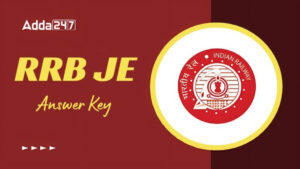 RRB JE CBT 2 Answer Key 2025 Out, Respon...
RRB JE CBT 2 Answer Key 2025 Out, Respon...
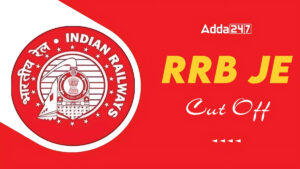 RRB JE CBT 2 Cut Off 2025, Check Region ...
RRB JE CBT 2 Cut Off 2025, Check Region ...


